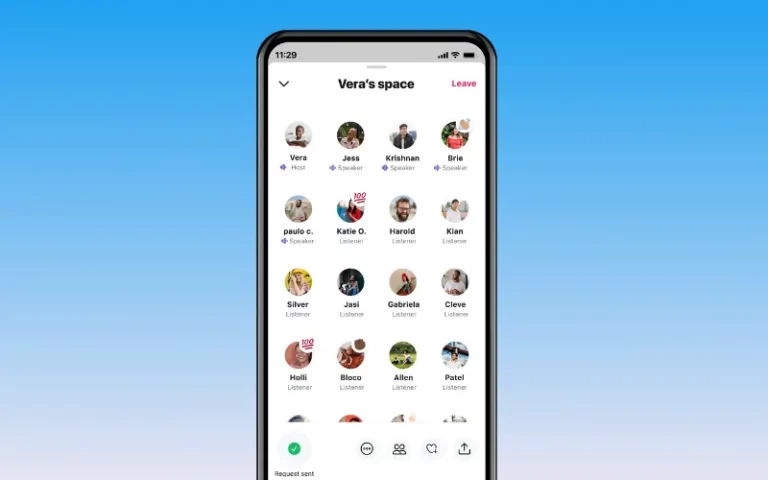Social media companies made $11 billion in US ad revenue from minors, Harvard study finds
A new study from Harvard University has revealed that social media companies generated over $11 billion in advertising revenue from minors in the US over the past year. The study analyzed ad revenue and user data from platforms like Facebook, Instagram, Snapchat, TikTok, and YouTube.
Researchers found that around 43 million minors actively use social media in the US. While platforms don’t allow children under 13 to create accounts, the study suggests millions have done so regardless. These underage users have become a significant revenue source from behavioral advertising targeted based on their interests and activity on the platforms.

“Our analysis shows that minors have become a massive profit center for social platforms,” said lead researcher Dr. Monica Smith. “And current child safety practices are failing when social media usage and digital ads are so aggressively targeted towards young demographics.”
The study found that Facebook raked in the highest ad earnings from young users at over $5.6 billion. Instagram earned around $2.2 billion in minor-targeted ad revenue. Snapchat and TikTok made over $1.3 billion and $1.1 billion, respectively, while YouTube earned approximately $842 million.
Also Read – Suit Against Twitter Over Unpaid Bonuses Can Proceed, Judge Rules
Experts have raised ethical concerns around the business model of using data and engagement from minors to serve intrusive targeted ads. There are also worries it could facilitate potential grooming or violent radicalization of vulnerable young users.
“Social media companies say they care about child safety, but that hardly aligns with aggressively monetizing the data of their underage users,” Dr. Smith said. “There is an obvious tension between protecting vulnerable minors on your platform and using granular data about their interests and behaviors to target them with ads.”
Platforms have introduced more safety features for young users, like parent dashboards on Instagram and filters to limit inappropriate content. However, researchers say the business fundamentals remain unchanged.
Privacy advocates hope the latest revelations could help drive legislation like the proposed Kids Internet Design and Safety (KIDS) Act. The act would restrict platforms from collecting excessive personal and location data from anyone under 16. Advertisers would also face limitations on targeting minors.
Also Read – Breaking Twitter — Elon Musk controversial social media takeover
However, the study authors emphasize that earning billions in revenue from minors goes far beyond any single piece of legislation. They argue it requires a fundamental shift in the surveillance advertising business models that have come to dominate social media.







